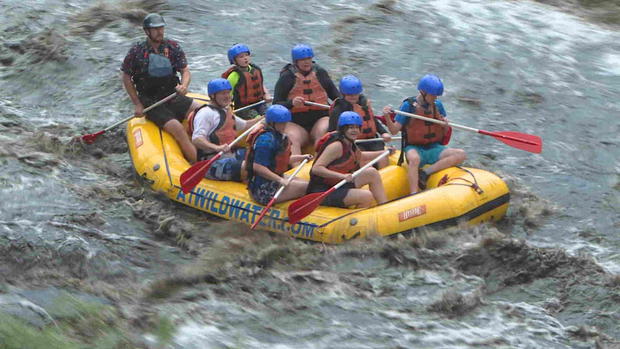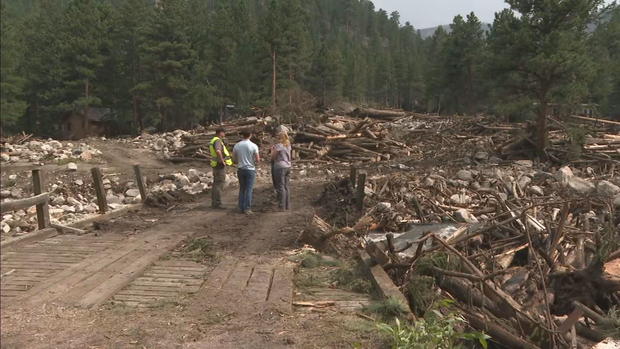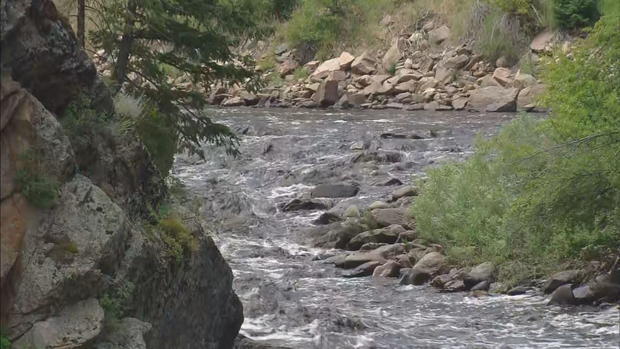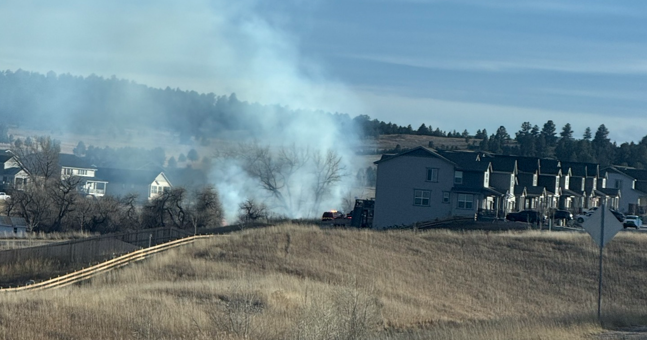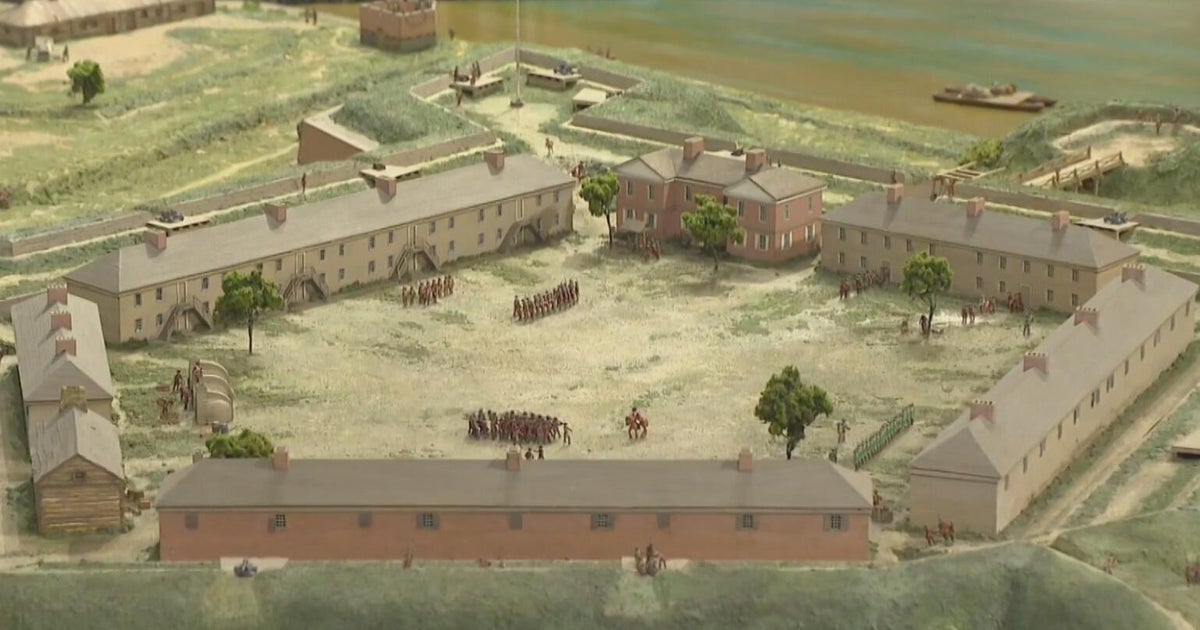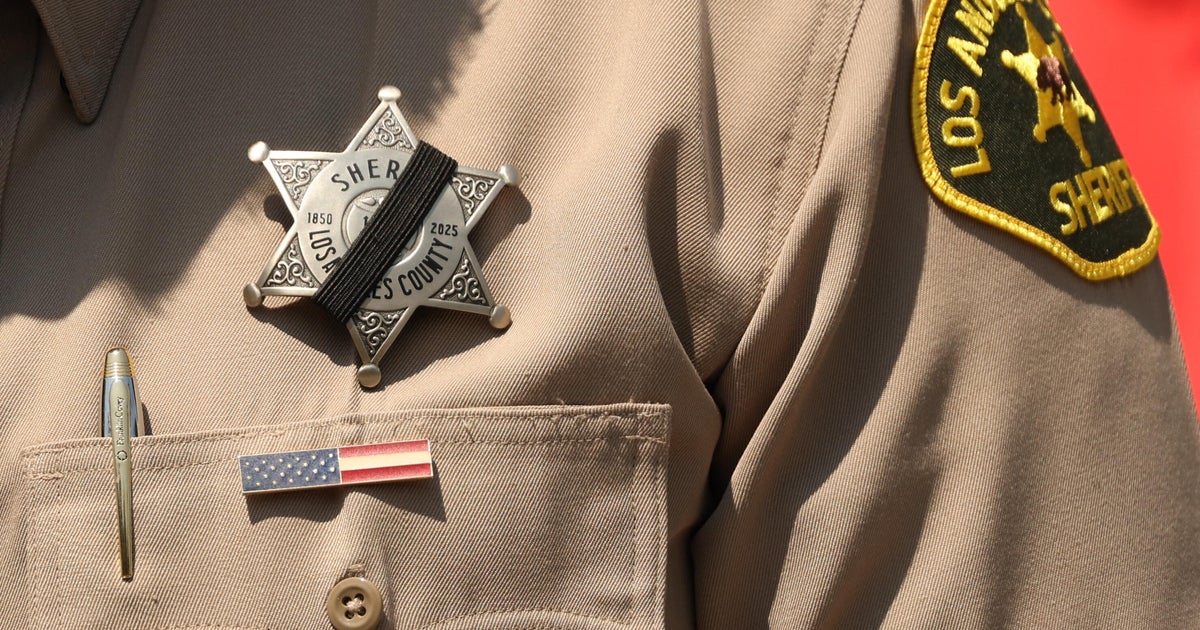Colorado Rafting Companies & Employees Hit Hard After Flash Flood Overtakes Poudre Canyon
FORT COLLINS, Colo. (CBS4) – Colorado's largest blaze on record, 2020's Cameron Peak Fire, is just now starting to have its greatest impact on outdoor recreation in the Poudre Canyon region. Nearly a year after the fire first started, new landslides and sediment overflow caused fishing and rafting businesses to put a halt on their business during peak season.
"Right away knew it was going to be devastating for the canyon," said Brad Modesitt, owner of Mountain Whitewater rafting in northern Fort Collins. "Having dealt with fires before, the aftereffects of the fires are sometimes the worst parts for our business."
The Cameron Peak Fire burned more than 200,000 acres in Larimer County and destroyed hundreds of structures, many being homes.
Now, the terrain along the burn scar, especially along the Cache la Poudre River, is weak and often doesn't retain watershed as it did before. Landslides and flash flooding were predicted in the burn scar.
On Tuesday, July 20, the first fatal flashflood along the Cameron Peak Fire burn scar happened.
The flash flooding claimed the life of one woman. Three others are unaccounted for. Cars, homes and thousands of trees are now spread out throughout the canyon's river.
"We knew the burn scar, if it rained on it, it could be problematic for the river," Modesitt told CBS4's Dillon Thomas.
Modesitt said industries that rely on the canyon were ordered to cease business operations in the area as emergency responders tried to assess the scene. Sheriff Justin Smith ordered the Poudre River closed along Highway 14 in the Poudre Canyon.
"About 10 o'clock at night (on Tuesday) the Forest Service told us all trips were cancelled. We weren't allowed in the canyon for at least that day, maybe more," Modesitt said.
Yet, just hours after the order, CBS4 watched as multiple commercial rafting groups paddled their way through the murky and dangerous waters. The same waters dead fish, flipped vehicles and portions of homes were floating down a matter of miles upstream.
White water rafting was seen more as black water rafting, as sediment-filled waters splashed into the rafts traveling east down the canyon.
Modesitt said the industry is hit drastically by closures like the one seen after the flash floods. Modesitt said 74 members of his staff were left without work for days, meaning their incomes were hit as well.
"It's crushing. We have 100 days to make money. And, if you lose your best two days that is a bummer," Modesitt said.
Mountain Whitewater, and those that chose to adhere to the closure of the canyon, lost out on thousands of dollars a day in revenue during the busiest time of their year. Because the canyon has such great demand during this time of the year, Modesitt said he had to cancel trips that won't be rebooked this year.
"We had to cancel 120 people a day. I can't rebook those people. Some of these people are coming to Colorado just to go rafting," Modesitt said.
The canyon has since been reopened for recreational fishing and rafting. However, the next closure could only be one small rainstorm away.
"Being a white water rafting owner is a lesson in resilience. We've dealt with drought, high water, floods, flash floods, tornado you name it. We have to deal with mother nature and use it, and accept that it is going to happen," Modesitt said.
